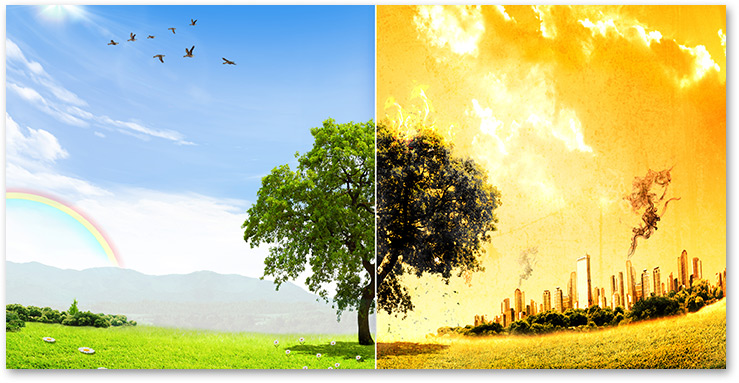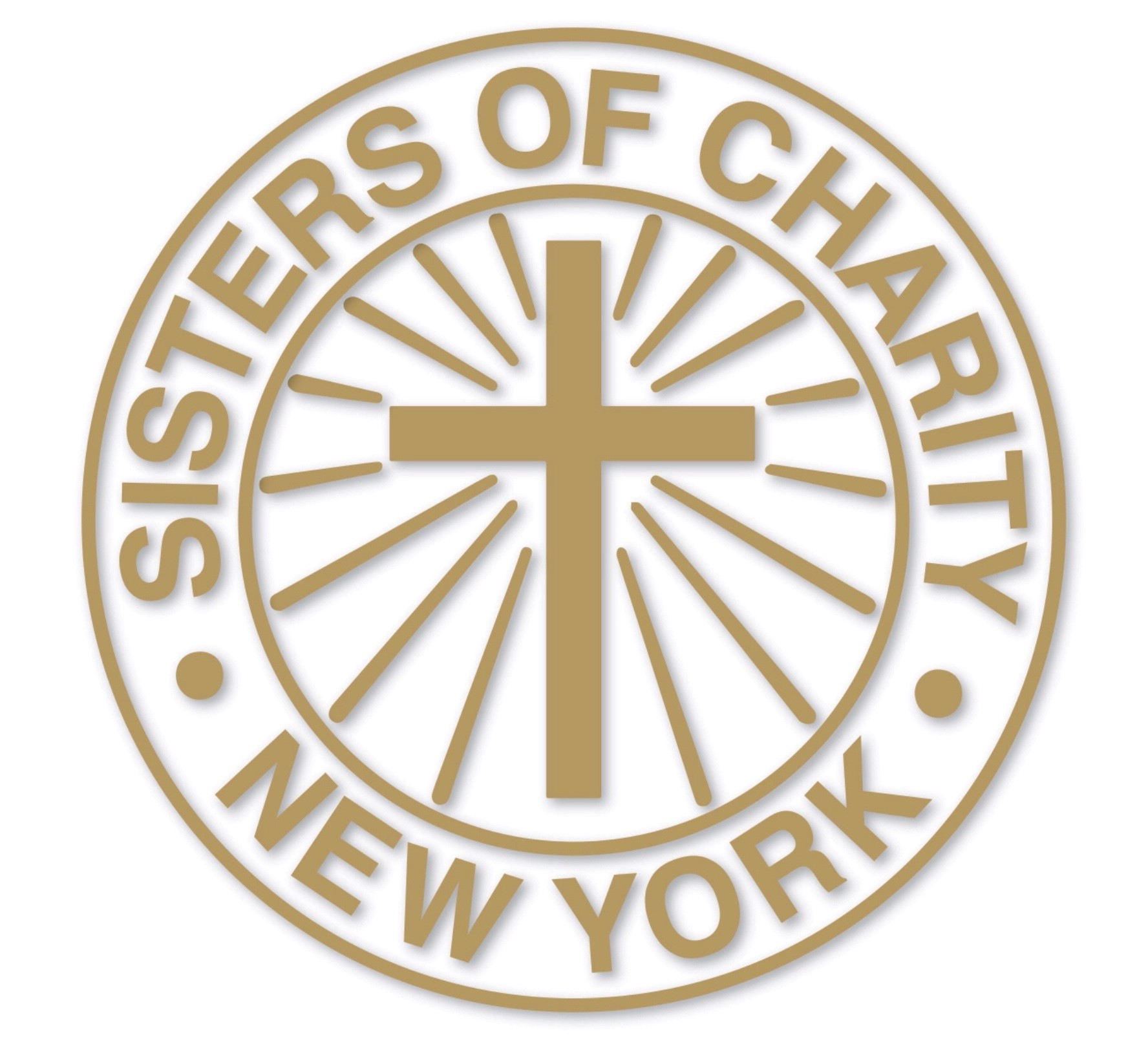 “The urgent challenge to protect our common home includes a concern to bring the whole human family together to seek a sustainable and integral development, for we know that things can change. The Creator does not abandon us; he never forsakes his loving plan or repents of having created us.” (13)
“The urgent challenge to protect our common home includes a concern to bring the whole human family together to seek a sustainable and integral development, for we know that things can change. The Creator does not abandon us; he never forsakes his loving plan or repents of having created us.” (13)
This speaks to two primary aspects of our growing understanding of creation: it is wholly interconnected and it is a dynamic outpouring of God’s mercy and love.
“Humanity is called to recognize the need for changes of lifestyle, production and consumption, in order to combat this (global) warming or at least the human causes which produce or aggravate it.” (23)
Lent calls us to turn from our ways. Pope Francis calls for circular models of production that counter our “throwaway culture” that move us toward efforts to “reduce, recycle, reuse, renew.”
As I reflected on matters such as these in Laudato Si, three images came to mind:
1) I see an Old Testament image of the King sitting among the ashes, rending his garments, crying out in loud lamentation for his people. I can see in this image a perspective on God’s suffering at this time for His creation. God sees the scars of mountaintops blown away, the wretched cesspools of algae blooms with countless dead fish, belly up in the water, the millions of children with bloated bellies signifying extreme hunger or malnutrition.
How can we console the King?
- Know we are all interconnected in God’s divine love and in God’s divine plan.
- Seek always to nurture dialogue for the common good.
- Act to restore the balance needed for Earth’s healing, so that we might heal the breach where humans have violated natural norms of growth, adaptation and regeneration.
- Pray most earnestly for the world’s poor who lack fresh water, food, shelter or who live along rising seacoasts.
2) In the image of the Mustard Seed, I find hope that:
- God’s creative potential will prevail over our ecological waste and sin.
- There is a future for our coming generations.
- Our small efforts for change can indeed bring forth abundant fruit.
3) I contemplate the image of the Weeping Women of Jerusalem whom Jesus met along his journey to Calvary as they cry over:
- The damages of war to growing children and living things.
- The continued violations of the dignity of women who suffer a lack of access to education, feel they must choose abortion, or are taken up by human traffickers.
- The loss of their children too soon to disease and malnutrition.
- Persons uprooted from their homelands due to ecological degradation.
Where lies Mercy?
- In the healing that comes from mutual forgiveness
- In the new lifestyle practices we undertake
- In the trust we offer to each other as we work for peace
- In the future we nurture through charity, advocacy, prayer, and education
- In our prophetic witness as women religious that all creation is in the ultimate care of a provident God
—Sr. Claire E. Regan, SC
 Sr. Claire ministers at the House of Charity in New Orleans, welcoming volunteers from the Sisters of Charity Federation, college students, and others who join in the work of rebuilding homes after Hurricane Katrina.
Sr. Claire ministers at the House of Charity in New Orleans, welcoming volunteers from the Sisters of Charity Federation, college students, and others who join in the work of rebuilding homes after Hurricane Katrina.

Thanks Claire for your inspirational reflections.